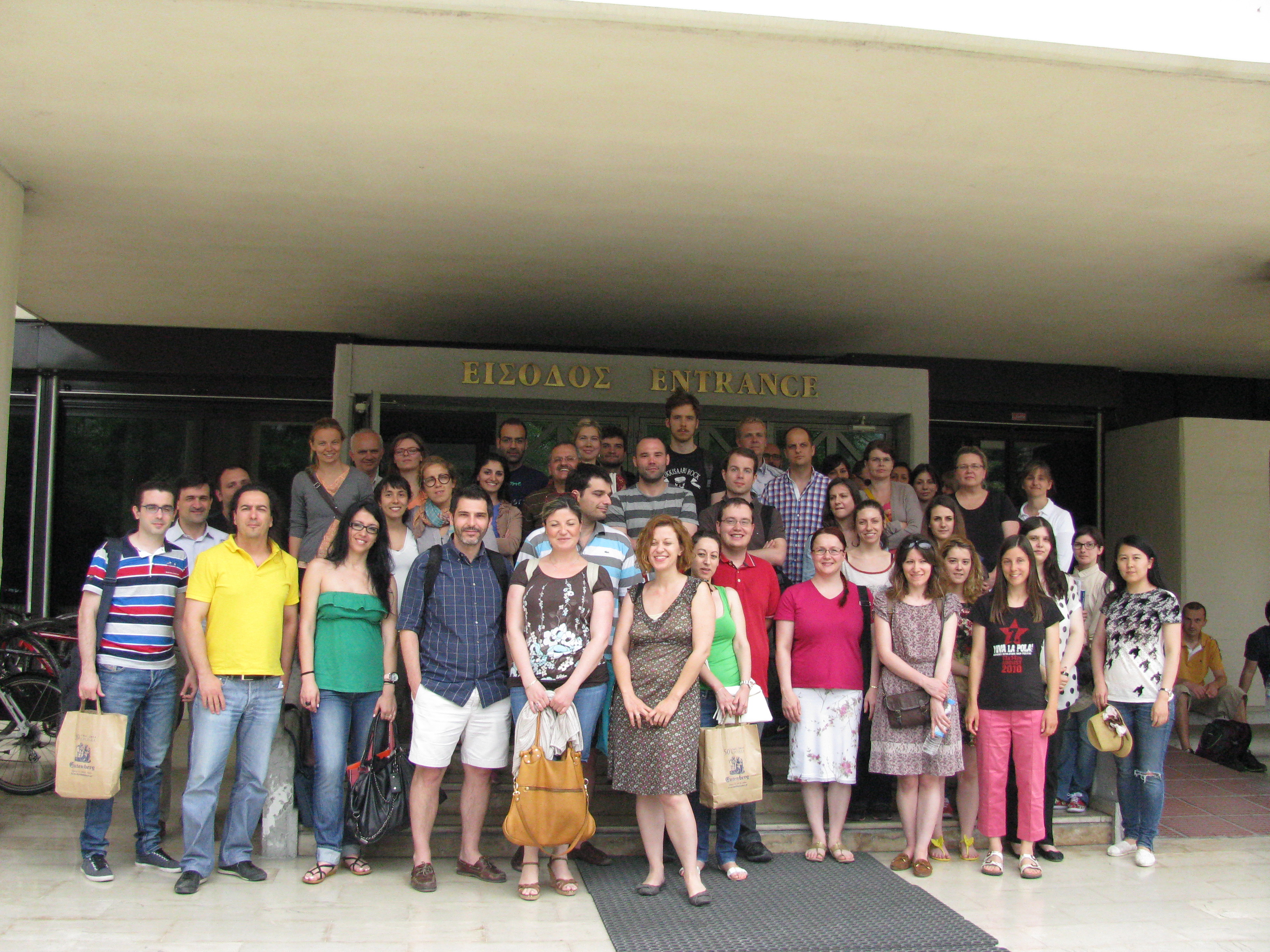2nd Short Course: “Panel Data Analysis” (June 23-26, 2014)
2nd Short Course: “Panel Data Analysis” (June 23-26, 2014)
Course Description
This course considers methodological and substantive issues concerning the analysis of panel data. It starts by reviewing basic panel data models emphasizing the benefits and limitations of panel data over time series or cross-section data. Basic estimation, testing and forecasting methods for random and fixed effects models are reviewed and illustrated with empirical applications using Stata and EViews. Next, problems of endogeneity in panel models are studied and panel instrumental variable estimation methods as well as Hausman type tests are reviewed and applied using empirical applications. Dynamic panel models are studied next and Generalized Method of Moments estimation as well as tests of over-identification restrictions are illustrated using empirical applications. Other topics that will be covered include the treatment of unbalanced panels, rotating panels, pseudo-panels, count panels, spatial panels, attrition, selection bias and limited dependent variable panel models. For large macro panels with a large number of countries observed over a long time series, we study issues of non-stationarity (panel unit root tests) and cointegration in panels and illustrate these methods using Stata and EViews.
Distinguished Guest Speaker

Participants:
- Ayşenur Acar Bahcesehir University
- Xanthippe Adamoglou University of Macedonia
- Lionel Almeida University Paris West Nanterre
- Liudmila Antonova Ca’ Foscari University of Venice
- Vasileios Biskas International Hellenic University
- Antonella Biscione University of Bari
- Vasiliki Bozani University of Cyprus
- Tanja Broz The Institutre of Economics, Zagreb
- Emmanouil Chatzigiannis Aristotle University of Thessaloniki
- Maria Christidou University of Macedonia
- Loredana Cultrera University of Mons
- Theologos Dergiades International Hellenic University
- Eleni Dalla University of Macedonia
- Thomai Filippeli Queen Mary University of London
- Romina Giuliano University of Mons
- Alexandra Gkoulgkoutsika Aristotle University of Thessaloniki
- Matti Hovi University of Tampere
- Sanna Huikari University of Oulu
- Jiao Ji Sheffield University Management School
- Roxani Karagiannis University of Macedonia
- Panagiota Karatasi University of Macedonia
- Florian Kaulich Vienna University of Economics and Business
- Kleopatra Koulikidou International Hellenic University
- Anastasios Kitsos Plymouth University
- Aleksandra Sylwia Kordalska Gdańsk University of Technology
- Merike Kukk Tallinn University of Technology
- Krzysztof Kusidlo Goethe Universitaet
- Nikolitsa Th. Lampropoulou University of Patras
- Anastasia Litina University of Luxembourg
- Ales Melecky Technical University of Ostrava
- Demetris Markou University of Central Lancashire
- Sufian Eltayeb Mohamed Rustaq College of Applied Sciences
- Stergiani A. Moisiadou University of Macedonia
- Maurizio Mussoni University of Bologna
- Eleni Neofitidou University of Macedonia
- magdalena Olczyk Gdańsk University of Technology
- Thomas Panagiotou Athens University of Economics and Business
- Dionysios Polychronopoulos Piraeus Bank
- Klaus Salhofer Technische Universität München
- Francesca Scaturro Università Politecnica delle Marche
- Christos Staboulis Aristotle University of Thessaloniki
- Irini Staggel Piraeus Bank
- Myrto Tourtouri University of Thessaly
- Eftychia Tsanana Aristotle University of Thessaloniki
- Maria Tsipouridou University of Exeter Business School
- Theokleia Tzigka Economic Office of the Prime Minister
- Guillaume Vermeylen University of Mons
- Maria Vrachioli University of Macedonia
- Rafael Wildauer Kingston University London
- Paraskevi Vlachou Piraeus Bank
Course Evaluation
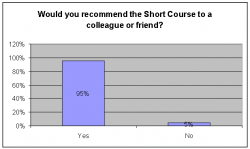
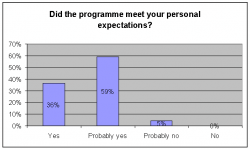
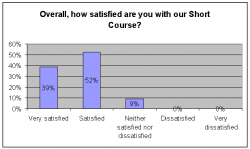
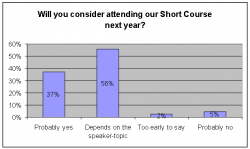
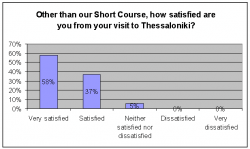
On a scale of 1 to 10 (where “1” corresponds to “absolute dissatisfaction” and “10” corresponds to “absolute satisfaction”), how satisfied are you from:
| Average | |
| The teaching material (lecture notes) | 6.30 |
| The interest of the topics covered in the Short Course | 8.27 |
| The ability of the Short Course to improve your research standards | 7.86 |
| The organization of the theoretical lectures (morning lectures) | 8.50 |
| The organization of the practical sessions (computer lab) | 7.89 |
| The communication with the teachers during the Short Course | 8.89 |
| The communication with the organizers before the Short Course (by email) | 9.40 |
| The communication with the organizers during the Short Course | 9.20 |
| The dinner (if you went to dinner) | 8.30 |
| The lunch in the university restaurant (if you went there) | 7.50 |
| The information available at our website | 8.29 |
Sponsors
| University Research Institute (Ε.Π.Ι. Πανεπιστημίου Μακεδονίας) | Gutenberg Publishers | KRITIKI Publishing S.A. |
 |
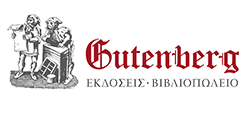 |
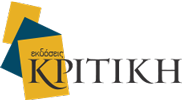 |

